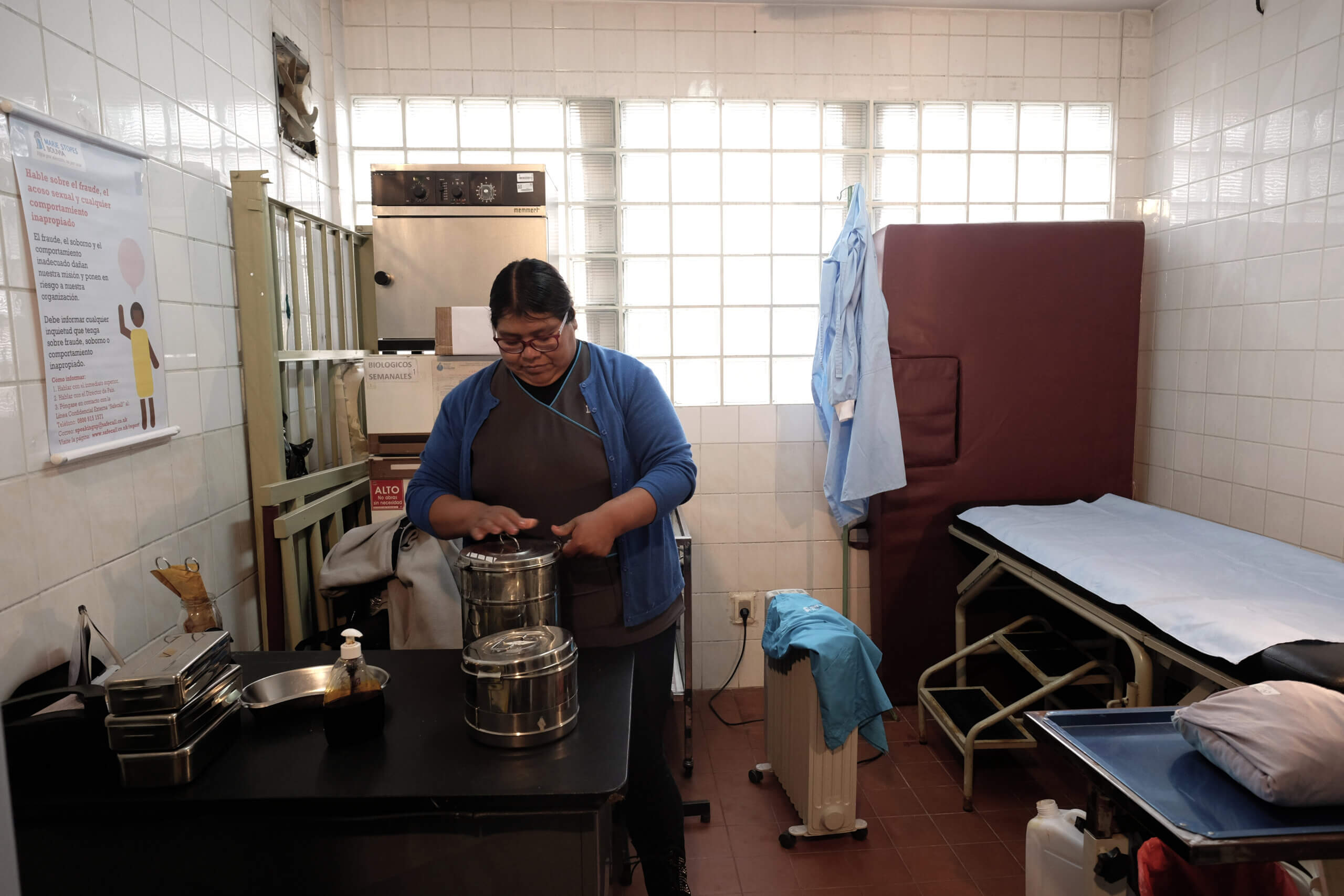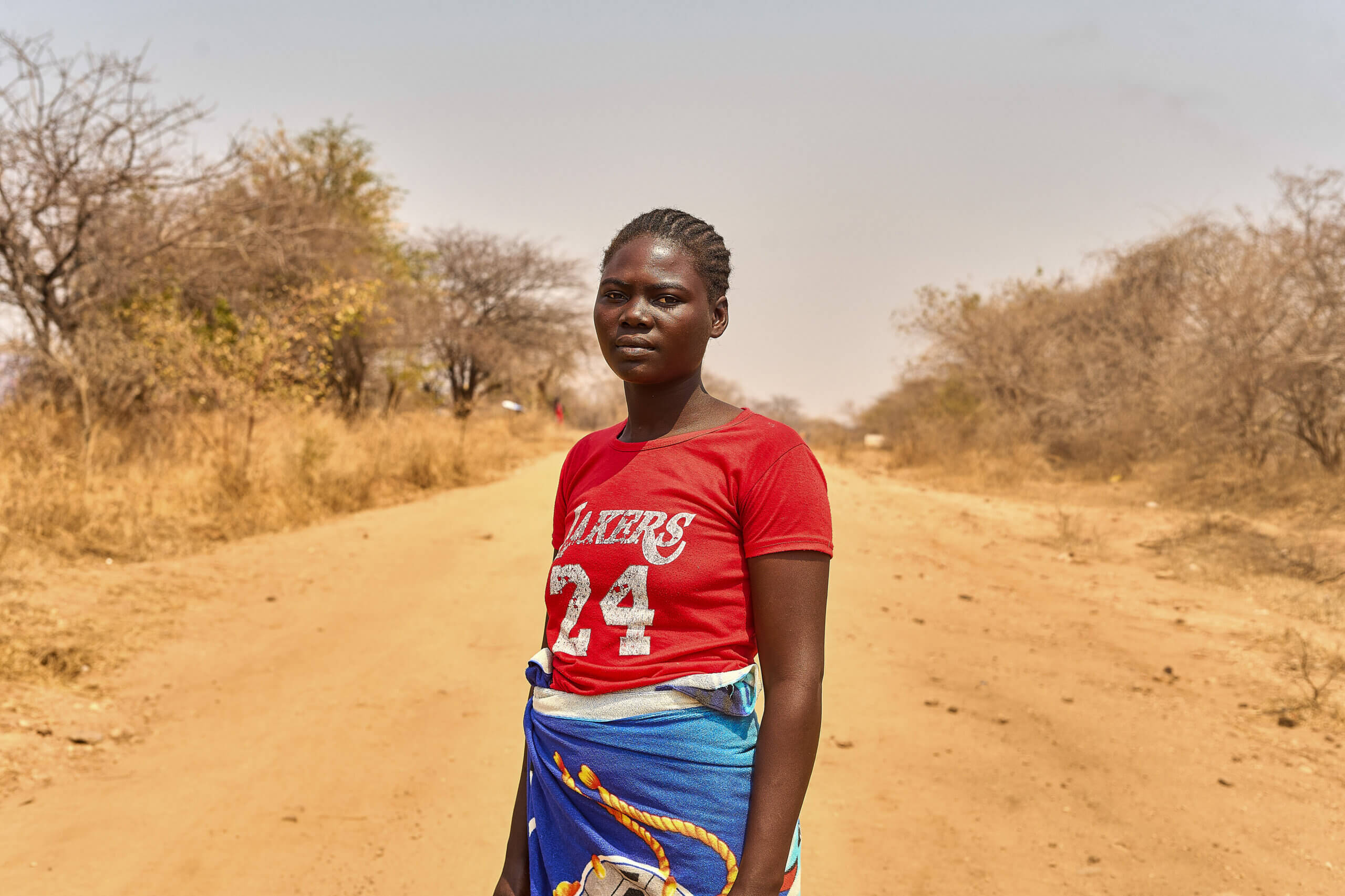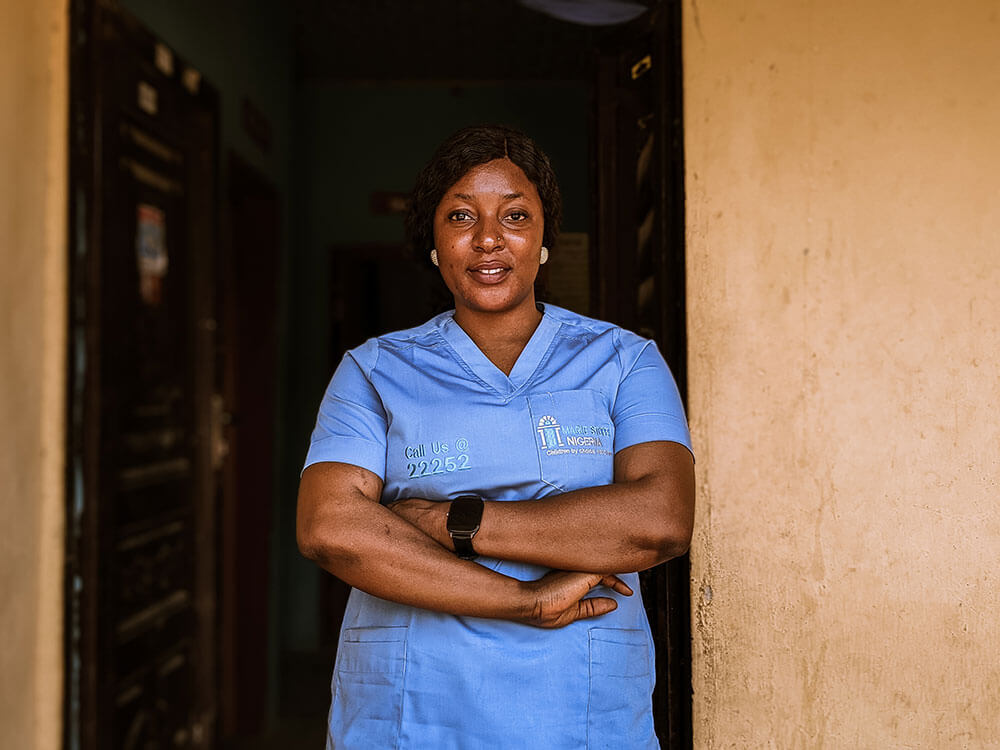Our response to gender-based violence
What is gender-based violence?
Around the world, millions of women experience gender-based violence. The violence can take many forms; physical, psychological and sexual. Physical assault, verbal abuse, and rape are all examples. What they have in common is the unequal power between men and women.
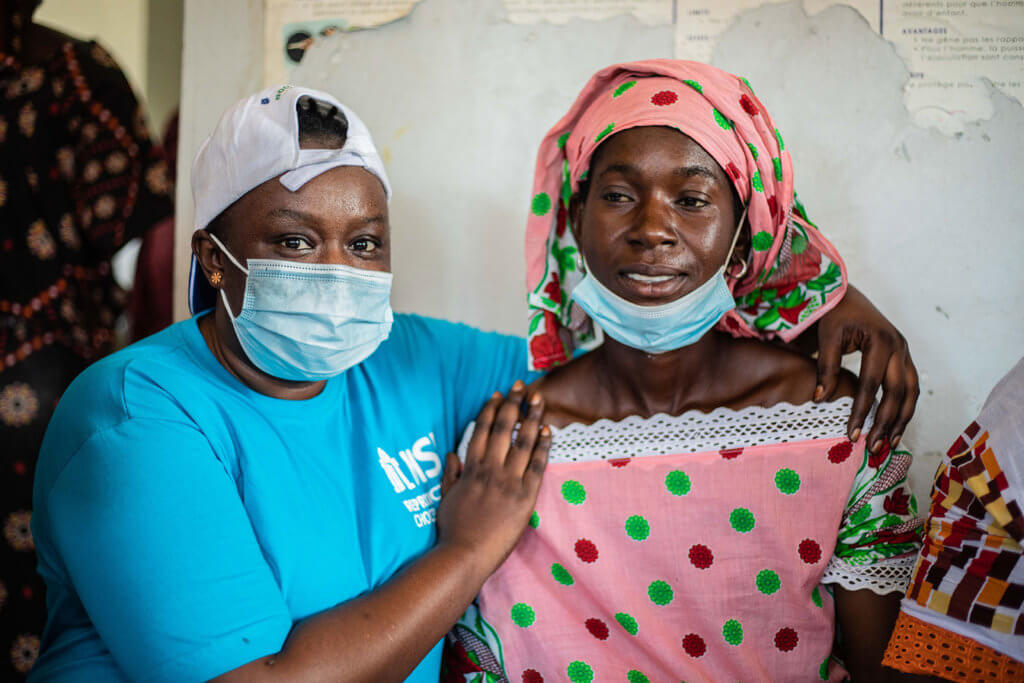
Usually, this violence at the hands of their male partners and family members. But both public and private violence can be considered gender-based violence. The common thread is that the violence occurs because of gender inequality. When women have less power in society, they’re more likely to be victimized.
The tragic truth is that one in three women worldwide experience gender-based violence. Every 11 minutes, a woman or girl is killed in her home by her husband, partner, or another family member. But ending this brutality is possible. One analysis of 70 countries over 40 years found that the most vital and consistent factor driving change is feminist activism.
How is gender-based violence related to reproductive health?
Sexual assault, forced pregnancy, and reproductive coercion are all forms of gender-based violence that intersect with sexual and reproductive health.
Too many women are still denied autonomy over their own bodies. When men feel entitled to women’s bodies, and when women lack the power to decide if and when to have sex or become pregnant, women are more likely to face violence.
MSI fiercely defends a woman’s right to be safe and to have bodily autonomy. That’s why we’re working to respond to the crisis of sexual and gender-based violence.
How can sexual and reproductive healthcare providers support survivors?
As healthcare providers, we offer a space where women can talk freely about their sexual experiences and health. We know how important it is to our clients that anything they discuss will be confidential and met without judgement.
Because we offer a non-judgmental space, our team members are often the first (or only) people to whom women will reveal their experiences of domestic violence and sexual violence.
When we deliver sexual and reproductive healthcare, we want clients to be able to safely disclose experiences of violence and be met with understanding and support. That’s why wherever we can, we integrate support for survivors into our work.
Across our global partnership, we have localized guidance, training, and safeguarding measures in place. That means that when a client discloses that they’ve experienced violence, MSI frontline staff can respond in three affirming ways:
- Providing immediate frontline healthcare: In cases of sexual violence like rape, we offer survivors timely sexual and reproductive healthcare like emergency contraception, pregnancy testing, HIV and STI testing and management, abortion, and post-abortion care.
- Responding with compassion, confidentiality, and choice: By creating a safe space with a survivor-centered approach, we validate a survivor’s experience and put them in control of their next steps.
- Referring survivors for further support: Beyond the first response health services and emotional support that we offer, survivors may need to access other critical services. We have local referral pathways in place so we can refer survivors to legal or economic assistance, one-on-one trauma counselling, shelters, child protection, and other forms of specialist support.
Responding to high rates of violence in the Asia-Pacific region
In Papua New Guinea (PNG), 3 out of 4 women experience violence or sexual harassment. Sexual and physical violence at the hands of partners and family members is commonplace.
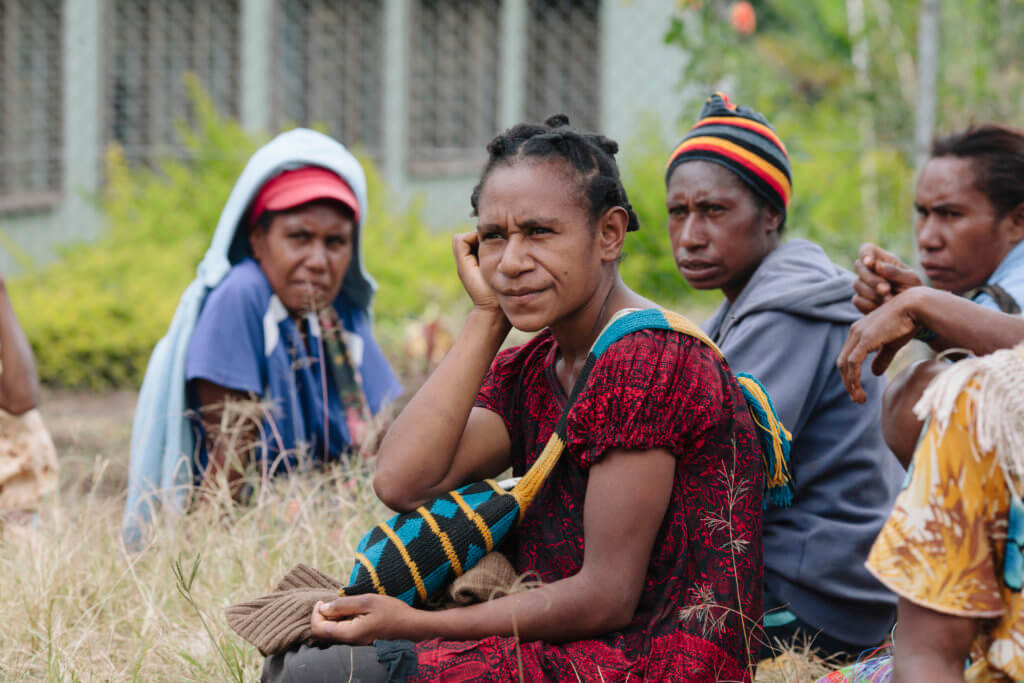
To respond to widespread gender based-violence, MSI PNG embeds support for survivors into MSI’s services.
Edward Karapen is MSI PNG’s Sexual and Gender Based Violence Mentor. He trains MSI providers and builds referral pathways to support survivors.
“During appointments, we give women an opportunity to talk about vulnerable, personal and intimate experiences and choices. It might be a survivor’s only chance to talk to someone about [their experiences of violence]. We must be able to help.”
We’re also working to challenge the harmful policies, norms and practices that allow violence to continue. MSI PNG is rolling out tailored, local campaigns to build awareness of the harm caused by violence against women.
By engaging communities—especially young men and male community leaders—in discussions on power, cultural norms and gendered violence, we can create lasting change that saves women’s lives.
We can end gender-based violence. Research indicates that raising awareness and forcing conversation can be a factor in driving change. MSI’s frontline teams come across survivors of sexual and gender-based violence in all 36 countries where we work. Entrusted with clients’ private experiences and choices, we’re committed to supporting women and advocating for change.



